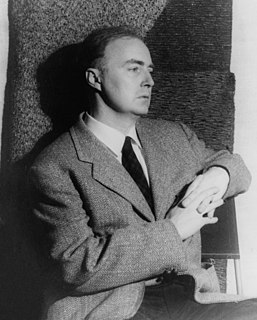A Quote by Jennifer Weiner
Stephen King writes mass fiction but gets reviewed by the New York Times and writes for the New Yorker. Critics say to me, "Shut up and enjoy your money," and I think, OK, I'll shut up and enjoy my money, but why does Stephen King get to enjoy his money and get reviewed on the cover of the New York Times Sunday Book Review?
Related Quotes
Stephen King told me a long time ago, when he gave me some advice about the movies. He said to take the money up front and expect it to be something different than the book and if you don't like that don't deal with Hollywood. But if you take the money, shut up and don't criticize the film because you sold it. The movie doesn't change a word of the book.
I think it was in sixth grade, though, when I picked up my first Stephen King book, which was 'It,' that knocked me over and terrified me for years. Then I never went back. I had to own every Stephen King book and read them at least three times. They would terrify me completely, but I couldn't stop. That became my preferred source of fiction.
As a journalist, I never critiqued anyone. I never review books. I've never felt qualified as a musician to say whether someone is a good musician or a bad musician. What happens with Black writers and Black artists is that if you're critiqued, for example, by a Black historian who wants to get his name on the cover of "The New York Times," and he says something, like, wacky, well, he'll get his name on the cover of "The New York Times" and he might get tenure, and your career suffers.
I follow my own nose. So I read things that are different. People will always say to me, "Have you read Robert S. Bosco's latest novel?" or "Have you read so and so's history of Peru, which is reviewed in the New York Review of Books and the New York Times and has a buzz about it?" I don't even know what you're talking about. I'm like from another planet. I'm a pygmy from the jungle.
I've had a relatively charmed life. I loved to be out in the city. New York was my town. I've had people come up to me and say, 'You're a great New Yorker. You've given your time and money to so many New York charities. You're a great supporter of the arts. I like some of your movies - and some of your movies suck, actually.'
I don't want to name names because they'd be mad at me if I did, but people who are significant novelists can't get published by real publishers at this point, or have to go through two years of trying after writing a novel that's taken them five or six years and simply can't get the thing in print. Or it gets in print and it doesn't get reviewed in the New York Times Book Review and disappears without a trace. I mean, it's terrifying. I don't know how anybody can stand it. It's such an enormous amount of work and the economics of it are really quite brutal.
Recently it's become much to my surprise, something that does happen. For example, I used to get almost all of my stories, and it's probably still true, from newspapers. Primarily from The New York Times. No one ever really thinks of The New York Times as a tabloid newspaper and it isn't a tabloid newspaper. But there is a tabloid newspaper within The New York Times very, very often.





































